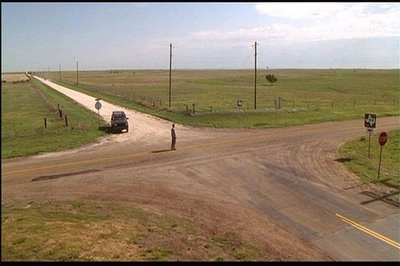“We do not ask because we deserve help, but because you are so merciful,” (Daniel 9:18).
Daniel was pleading to God on behalf of himself and his people. Though he was not responsible for the downfall of Judah, nevertheless as a member of God’s people, he identified himself with the sinfulness of the nation. He was an innocent bystander in the destruction of his land, yet he suffered with them through his forced captivity in Babylon. But Daniel’s innocence didn’t keep him from praying and fasting and pleading to God for release. Neither did he blame God for their predicament. Instead, Daniel cried out to God on behalf of his people. He acted as an intercessor, or go-between, as he approached God to seek reconciliation.
Notice Daniel’s honesty as he confesses to God regarding the sins of his people. He says:
- “We have sinned and done wrong. We have rebelled against you and scorned your commands and regulations,” (v 5).
- “We have refused to listen to your servants the prophets,” (v 6).
- We have been “disloyal” to you (v 7).
- “We have not obeyed the LORD our God, for we have not followed the laws he gave us,” (v 10).
- “All Israel has disobeyed your law and turned away, refusing to listen to your voice,” (v 11).
- “We have refused to seek mercy from the LORD our God by turning from our sins and recognizing his truth,” (v13).
- “We have sinned and are full of wickedness,” (v 15).
God had clearly revealed his will for his people and had told them what would happen if they abandoned him. Everything that occurred in the destruction of Jerusalem and the people’s exile was in keeping with what God had said through the Law of Moses and later through the prophets. His judgment of Israel was not arbitrary but totally just (Daniel 9: 14) . He had warned and pleaded and sought to turn his people away from their sin and destructive tendencies through the prophets. But the people continually refused to believe his word and his message. Daniel recognized this as he confessed: “You have done exactly what you warned you would do against us and our rulers… the troubles you predicted have taken place,” (Daniel 9: 12-13).
So what was the solution? Daniel made no excuses but instead sought God’s mercy. He knew that God is a God who helps the needy. God’s heart is for those who are miserable, rejected and broken because of other’s actions or because of their own sin. Daniel declared, “But the Lord our God is merciful and forgiving, even though we have rebelled against him,” (Daniel 9:9). Daniel boldly asked God to intervene and to bring about restoration, “Not because we deserve help, but because you are so merciful,” (Daniel 9: 18). The people were not entitled to anything from God, but Daniel knew God’s heart and his character. He knew that God responds to broken hearts, real confession, and honest cries for mercy. He knew that only God could save them.
God has not changed. God is still just and God is still merciful. He has clearly revealed himself through the bible and has explicitly explained what happens to those who reject him. It’s important that we recognize that refusing to obey God’s will always has severe consequences. So often when we are confronted with our sinful behavior, we foolishly defend or rationalize our actions. Instead, we need to be honest about our lives and openly deal with God regarding our sin and hypocrisy. We need to acknowledge that only God can save and heal us. We need to turn away from our independence and self-reliance because only God can give us hope and the help we need. When we admit our powerlessness and turn to God with a humble and repentant heart, we too can be assured of his mercy. He delights in restoration and desires to draw us back into his arms.










